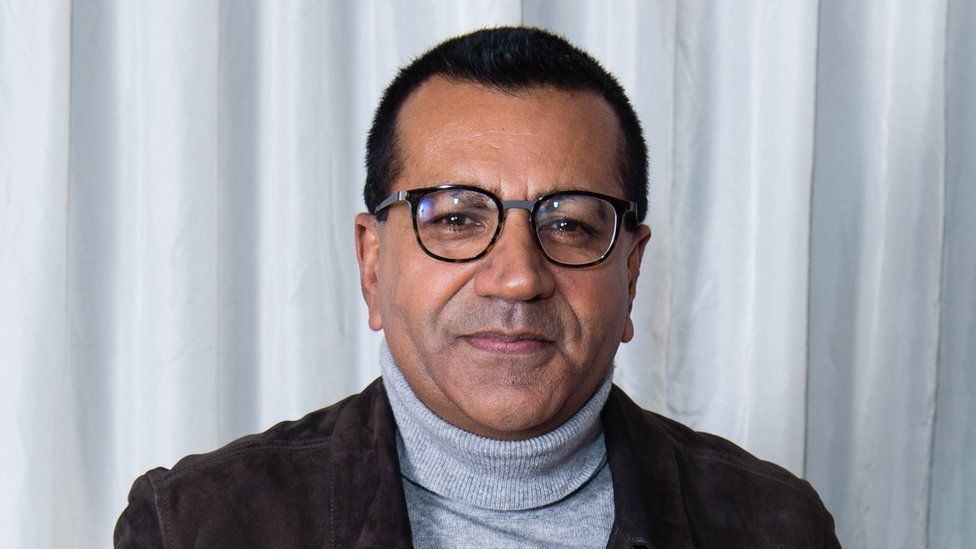-

-
-
Loading

Loading

The BBC has made around 3,000 internal emails related to Martin Bashir's controversial 1995 interview with Princess Diana on Panorama public. The release was ordered by a judge after investigative journalist Andy Webb requested the documents through a freedom of information (FOI) request. Webb alleges that in 2020, BBC managers attempted to cover up Bashir's actions in 1995. The BBC denies any wrongdoing and states that the suggestion of acting in bad faith is incorrect. The emails, which are heavily redacted, support Webb's claims that the corporation withheld important internal evidence pertaining to the investigation into the interview. One of the emails, dated 19 October 2019, reveals a lawyer informing a former editor of Panorama that the corporation was not releasing all of the internal investigation documents at that time. Webb argues that this constitutes a cover-up. The BBC states that it has complied with the Tribunal's directions, making redactions where necessary, and maintains that it did not act in bad faith. It emphasizes its cooperation with Lord Dyson's independent investigation, whose findings were accepted by the BBC. Webb had initially requested the emails in 2021 but later discovered that there were a greater number than originally disclosed by the BBC. A judge subsequently ordered their release, criticizing the corporation's handling of the initial request. Webb believes that the release of the emails is in the public interest and exposes senior BBC managers' attempts to cover up the Bashir scandal. Princess Diana's brother, Earl Spencer, has voiced support for Webb's investigation, and accuses the BBC of hiding behind expensive lawyers instead of addressing the issue. Bashir, who left the BBC after questions arose surrounding his interview with Diana, used deception to obtain the interview, according to Lord Dyson's independent inquiry. Bashir admitted to the BBC that he had the bank statements produced, but denied showing them to Earl Spencer. The report labels his conduct as "reprehensible" and casts doubt on his credibility. The BBC remains editorially independent when reporting on the corporation as an entity.